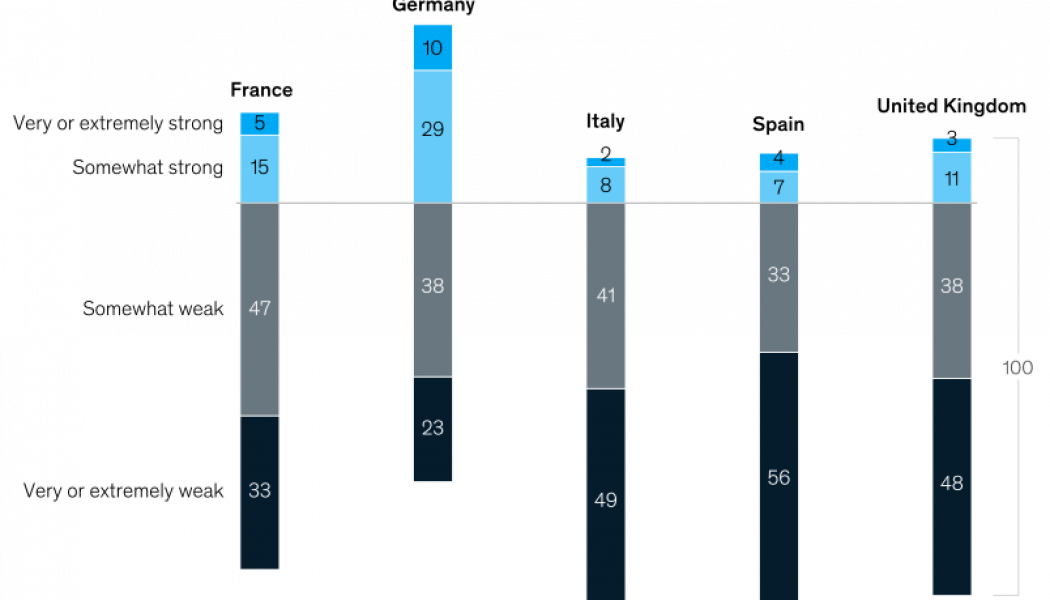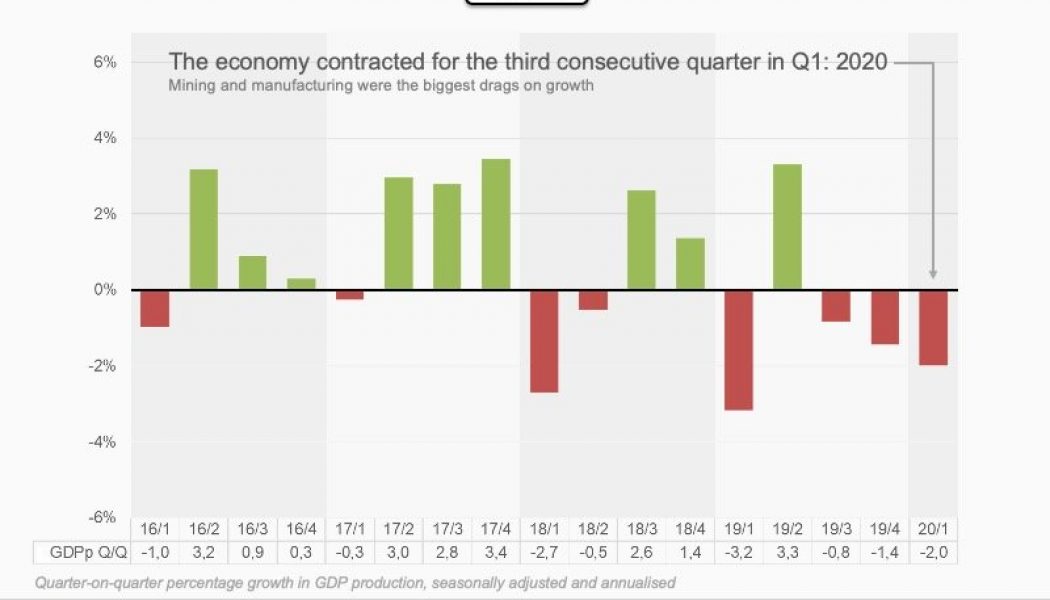South African economy
Why SMEs are the Lifeblood of the South African Economy
Small and medium-sized enterprises (SMEs) represent a staggering 98% of business in South Africa today. The fact that SMEs also employ between 50 and 60% of the country’s workforce and are responsible for a quarter of the job growth in the private sector – according to McKinsey – means they truly are the backbone of the South African economy. Yet it is SMEs that have borne the brunt of the COVID-19 pandemic. Lockdown regulations have wreaked havoc, with the cash flows essential to sustaining smaller businesses completely drying up in some instances. Tragic stories of once-thriving businesses having to close their doors litter the financial landscape, and certainly, the virus could not come along at a worse time for owners already grappling with a precarious economy prior to its arrival. Bu...
A Future Reimagined for Africa Post-Pandemic
Sourced from Redbubble and iStock. In a rare television broadcast Angela Merkel, the German chancellor, described the COVID-19 pandemic as “Germany’s biggest challenge since the Second World War”. It has indeed proved to be a crisis of global proportion with material implications for the economies and livelihoods of all. Governments across the globe have locked down cities, towns, villages and townships to curb the spread of the virus. Massive fiscal stimuli have been enacted to cushion the economic and humanitarian impact of the pandemic. The World Bank and International Monetary Fund have set aside a large quantum of emergency financial support for countries to tap into. African countries have implemented strong containment measures to avoid further spread of COVID-19. For countries in W...



